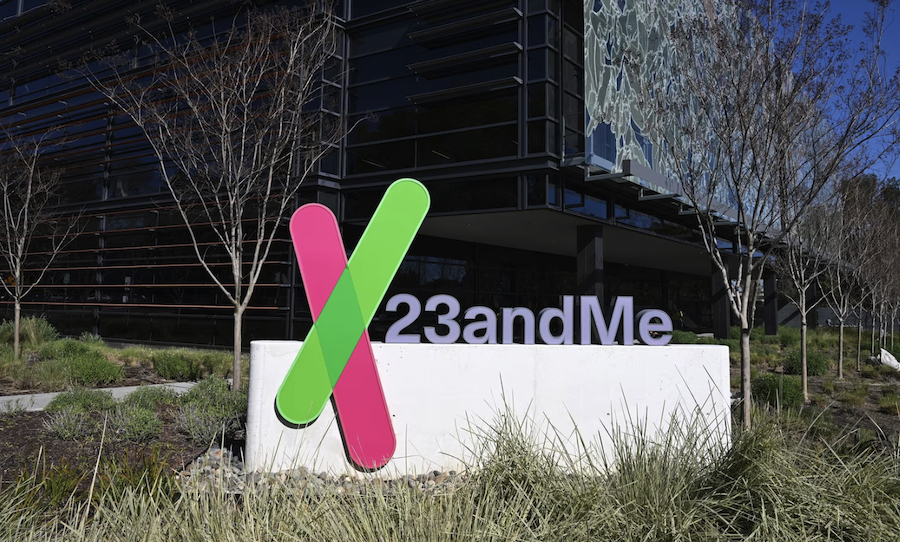Mind-blowing revelation: Internal monologue isn’t universal, sparking fascination and confusion among many.
Have you ever wondered how people think and process their thoughts? Turns out, it’s not as straightforward as you might think. Recent revelations about the existence of different thinking patterns have left everyone in awe and curiosity.
In a viral tweet that took the internet by storm, it was revealed that not everyone has an internal monologue. Yes, you read that right! Some people don’t verbalize their thoughts internally. The discovery shocked many, as they had always assumed that everyone had a constant stream of inner dialogue.

A 2011 study shed some light on this intriguing phenomenon. The research found that while some individuals experienced inner speech in a substantial portion of their thoughts, others rarely or never had an internal monologue. It appears that there are vast individual differences in the way people think and process information.
Experts have classified inner speech into various dimensions. One dimension is dialogality, where individuals engage in a monologue or a dialogue with themselves. Another dimension is condensation, which measures the level of verbosity in inner speech. Lastly, intentionality explores whether inner speech is intentional or spontaneous.
Further research has shown that some people with aphantasia, the inability to visualize mental images, also experience a lack of clear inner speech. This connection suggests that different cognitive processes may be at play in individuals with diverse thinking styles.
Understanding these variations in thinking patterns could have profound implications for education and learning methods. Recognizing the diverse ways in which children process their thoughts could lead to more effective teaching strategies and support systems.
The world of inner speech continues to fascinate scientists and individuals alike. As we delve deeper into the complexities of human cognition, we are reminded of the incredible diversity that exists within our own minds.
https://twitter.com/AwesomeSonicFa3/status/1663235238921748514?s=20
This has been my internal monologue for months pic.twitter.com/kCP5TmP6Yv
— butch bubba (@midtowncowboys) May 30, 2023



